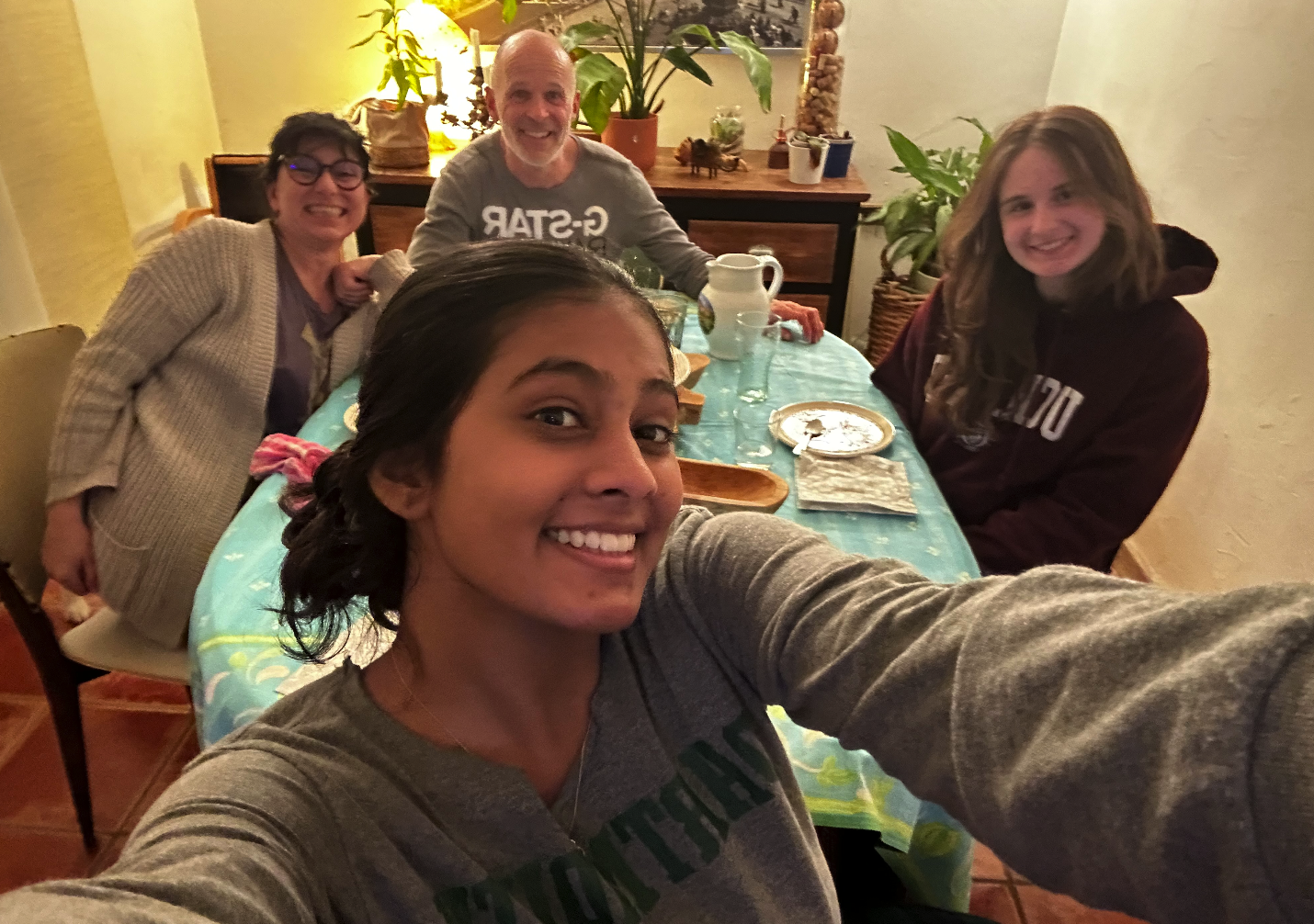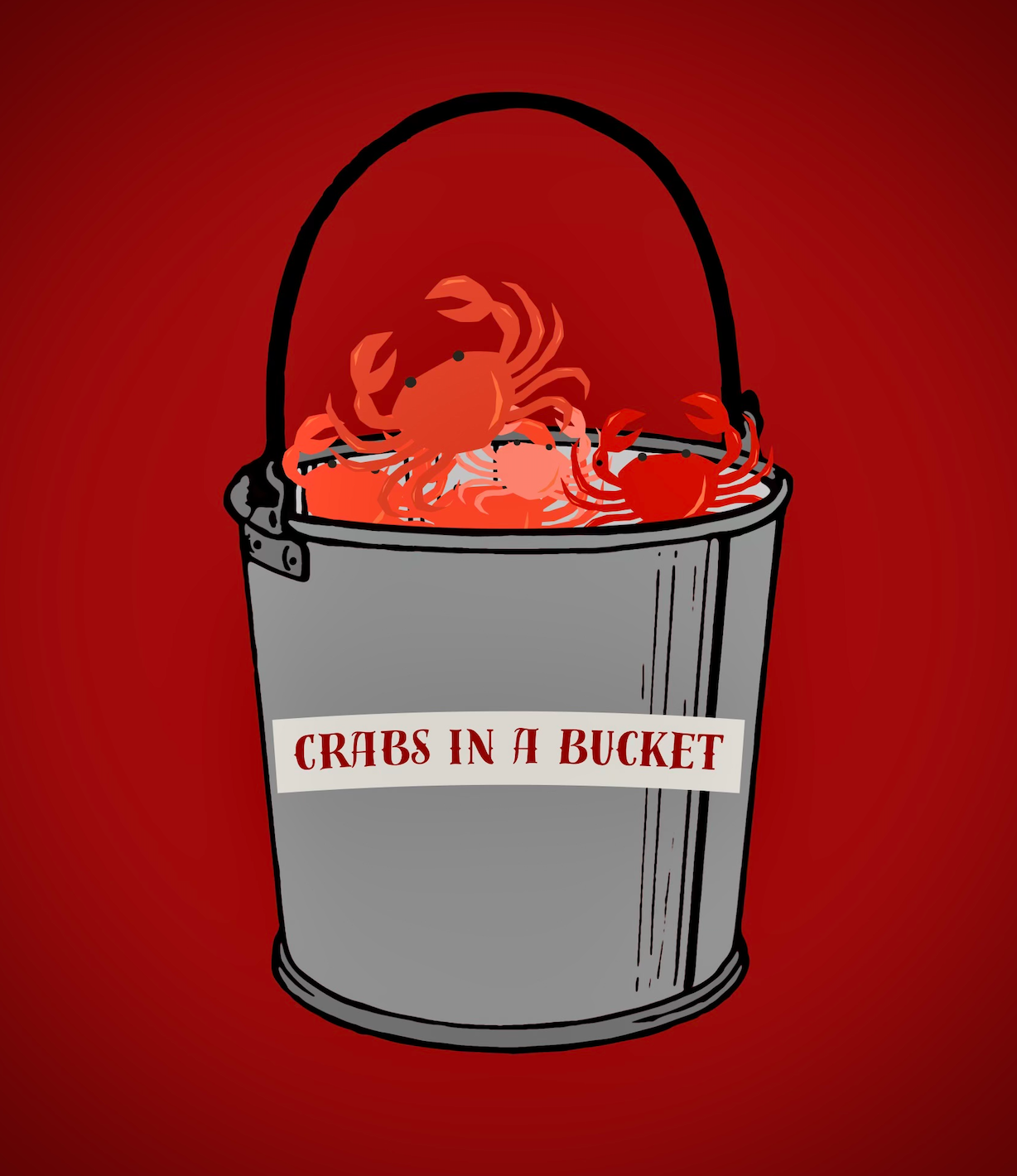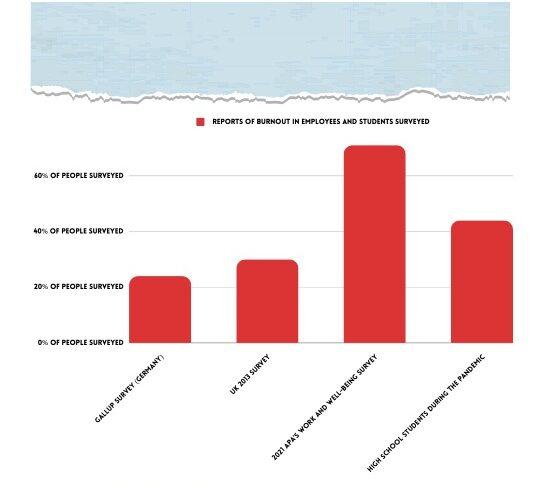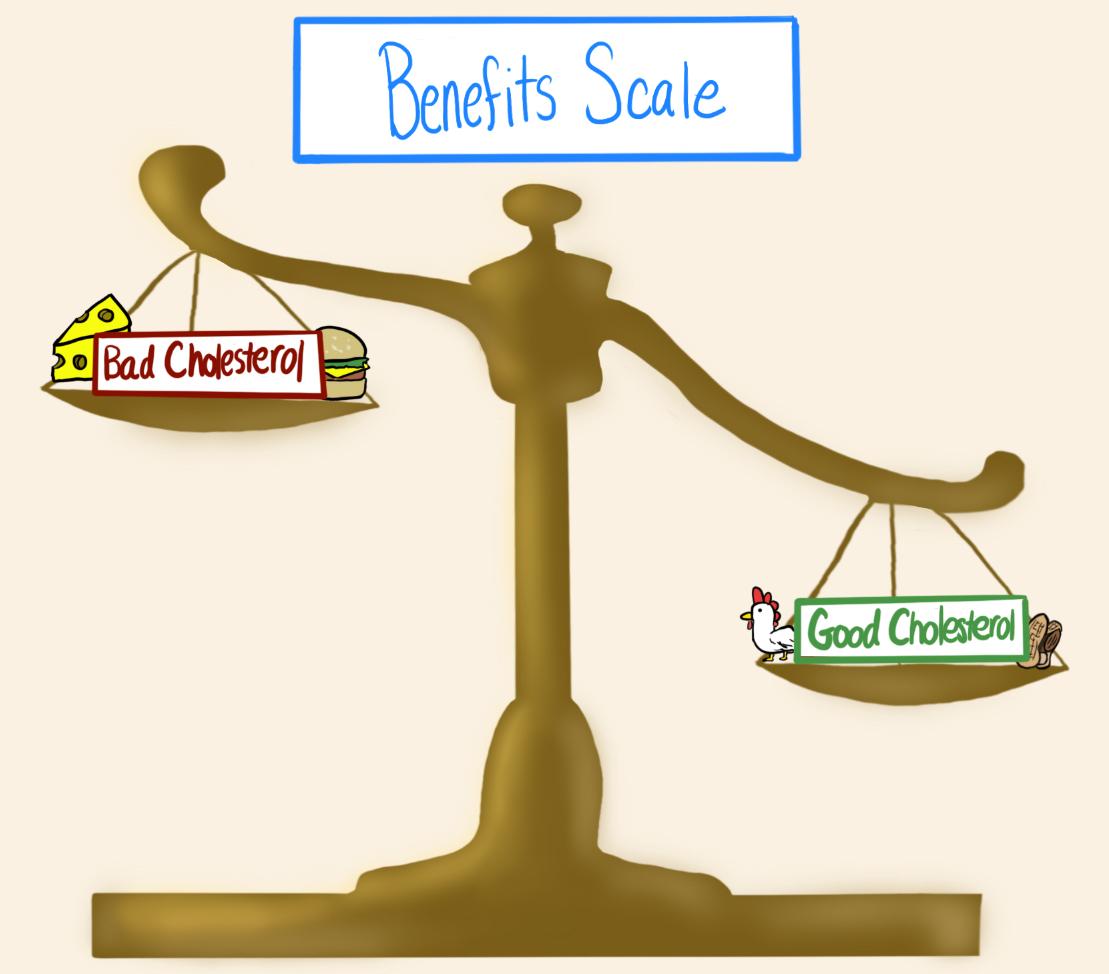It happens every year: a big feast where you ravenously gorge on all the scrumptious delicacies prepared in your kitchen. You’ll take a big helping of those mashed potatoes, and scoop out a gargantuan amount of mac and cheese. But above all else, you carve out a chunk of that sweet, scrumptious turkey. Hours after stuffing your face, you might find yourself yawning, slowly succumbing to a food coma, as you scour the malls for great Black Friday deals. Everyone always blames the turkey for this drowsiness, but what if that isn’t truly the case?

You may have heard of the term “tryptophan” floating around the dinner table during Thanksgiving. For starters, tryptophan is an amino acid (a.k.a. a building block of proteins) that can frequently be found in foods such as milk, tuna, chicken, nuts, and turkey. The human body cannot produce tryptophan on its own, so we acquire it through our diets. Tryptophan helps our body produce neurotransmitters, which are chemicals that help our brains communicate actions to different cells. When our bodies digest turkey, the tryptophan within the poultry helps create serotonin, a neurotransmitter that balances our moods. However, the creation of serotonin also unwittingly stimulates the production of hormones, like melatonin, which regulate our sleep patterns, as a side product.
So the turkey has to be the culprit for our drowsiness, right? What if I told you that in order to feel the effects of tryptophan-induced sleepiness, you’d need to eat about 16.7 servings of turkey? According to Health.com, one must consume about 5,000 mg of the amino acid, and a serving of turkey usually contains only around 250-300 mg of tryptophan. Unless you’re crazy about turkey, I’d seriously doubt you’d be eating that much.
Furthermore, tryptophan is not the only amino acid within turkey– in fact, it is the least prominent one. After scarfing down your turkey, the amino acids within it are digested. Then, along with tryptophan, they circulate through the bloodstream to try to attach onto transport proteins, which will bring them to the brain. However, like a bus, the transport proteins only have limited space to carry their passengers. Due to its relatively low prevalence and stiff competition, only a little amount of tryptophan actually makes it to your brain to stimulate the production of melatonin.
Therefore, what is it that truly causes our food comas? It could be a multitude of factors. The most likely answer is overeating. When you eat too much food, your gastrointestinal tract becomes more active as your body begins to start digesting the massive influx of food. As a result, blood flow is directed towards your stomach to aid in digestion. According to Scientific American, this phenomenon can be described as “rest and digest,” in which our brains help our bodies restore energy by reducing blood pressure and increasing the production of gastric acids to digest food quicker.
Another answer could be eating too many carbohydrates, which are present in foods such as rice, bread, pies, mashed potatoes, etc. Carbs are our body’s preferred energy source, as they can easily be digested into glucose, a sugar, for our energy. When we eat a lot of carbs and create lots of glucose, our blood sugar spikes momentarily. However, since glucose is so easily digestible, those sugar levels drop quickly, often leaving us feeling fatigued and lethargic.
So what can we do to reduce our chances of falling into a food coma? If you wish to stay more alert this holiday season, make sure to feast like crazy and to make wise eating decisions, or else you may find yourself slumped on your couch asleep like a baby.
Works Cited
All Children’s Hospital, Johns Hopkins. “Does Eating Turkey Make Me Sleepy?” Johns Hopkins All Children’s Hospital, www.hopkinsallchildrens.org/Patients-Families/Health-Library/HealthDocNew/Does-Eating-Turkey-Make-Me-Sleepy Accessed 15 Nov. 2022.
Ballantyne, Coco. “Does Turkey Make You Sleepy?” Scientific American, 21 Nov. 2007, www.scientificamerican.com/article/fact-or-fiction-does-turkey-make-you-sleepy/ Accessed 15 Nov. 2022.
Dermer, Erica. “Why Do I Get So Tired After Eating? Is It Normal?” imaware, 30 Apr. 2021, www.imaware.health/blog/fatigue-after-eating#:~:text=Carbohydrates%20are%20generally%20quickly%20digested,you%20to%20potentially%20feel%20fatigued Accessed 15 Nov. 2022.
Lafuente, Cat. “Why Does Turkey Make You Sleepy? Here’s What To Know About Tryptophan.” Health, 19 Nov. 2021, www.health.com/nutrition/why-does-turkey-make-you-sleepy Accessed 15 Nov. 2022.
Pawlowski, A. “Why does turkey make you sleepy? The truth about tryptophan.” Today, 19 Nov. 2018, www.today.com/health/what-turkey-makes-you-sleepy-truth-about-tryptophan-t14241 . Accessed 15 Nov. 2022.
Summer, Jay. “What Is Tryptophan?” Edited by Anis Rehman. Sleep Foundation, 19 Sept. 2022, www.sleepfoundation.org/nutrition/what-is-tryptophan#:~:text=Feeling%20sleepy%20after%20Thanksgiving%20dinner,the%20process%20of%20making%20serotonin Accessed 15 Nov. 2022.






